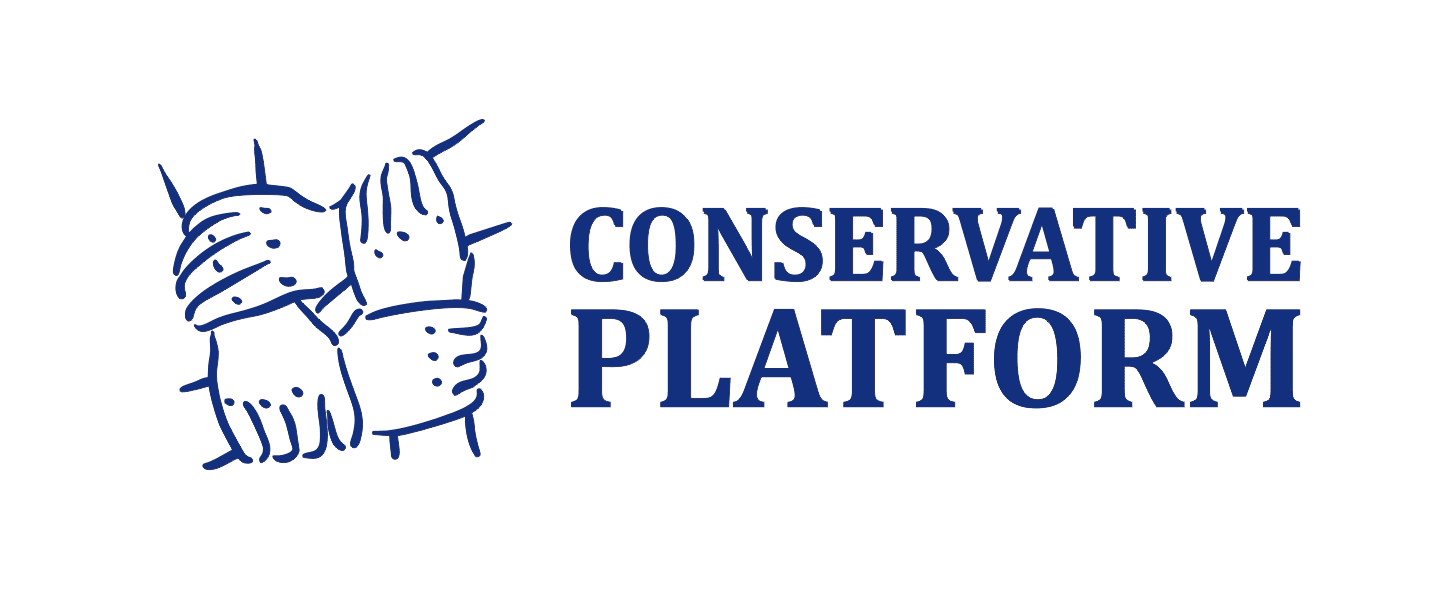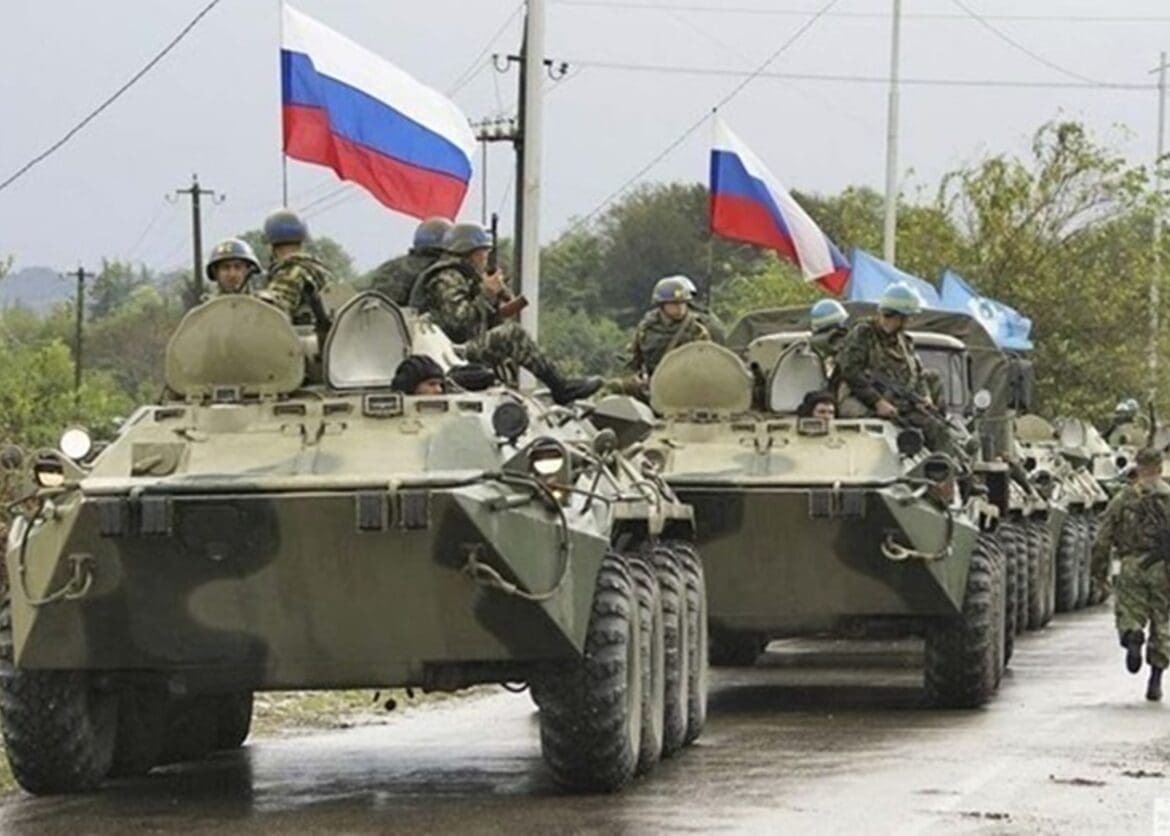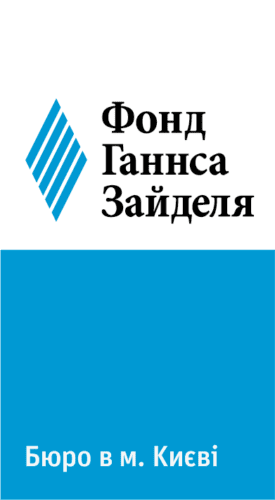Today, the main security threat to the EU and Europe as a whole is Russia and its dictatorial Putin regime. Russia has unleashed a series of wars of occupation on the territory of the former Soviet Union, including two wars in Georgia, one in Moldova, and two in Ukraine.
Also, together with the dictatorial regime of Bashar al-Assad, Russia organized massive shelling of civilians in Syria, thereby contributing to the most massive and dangerous war of the last decade, which has shaken the entire Middle East and Europe, flooding it with millions of refugees and causing serious internal problems. Russia is constantly rattling its weapons near the borders of its neighbors, violating their airspace or invading their territorial waters. Russia is also trying to supply both sides of the Armenian-Azerbaijani conflict in Nagorno-Karabakh with weapons, thereby intensifying the conflict, and then seems to be trying to facilitate its resolution, using the situation to its maximum advantage.
Already in the summer and fall of 2021, Russia, through its satellite, self-proclaimed President of Belarus Alyaksandr Lukashenka, created another crisis on the borders of Belarus with Lithuania, Latvia, and Poland, transporting migrants from the Middle East, essentially forming a partnership between two smuggling states.
A separate issue is disinformation wars, the spread of fakes, and cyberattacks. Russia has become famous for organizing groups of hackers, Internet bots, which, like China and Iran, are tasked with disinformation, panic, and frustration among the people of European countries. Hacker groups carry out massive attacks on the security systems of large corporations or public institutions around the world. A separate issue is Russia’s support for any protest, destructive, movements (for example, the “yellow vest” movement in France, the Brexit movement in Britain, QAnon and some radical groups in the BLM in the United States, anti-vaccination activists around the world), which aim to call on the broad masses of the population of the countries attacked by Russia in this way to oppose the actions of the authorities, deny their legitimacy and multiply chaos and internal conflict, thereby weakening them and making them susceptible to external influences. Russia Today, sponsored by the Russian state, is engaged in replicating outright lies and fakes in the media space of different countries, including European ones. All of this paints a rather dangerous and disturbing picture.
One of Russia’s goals is to increase confrontation and hatred between European countries, to increase internal discontent, deepen conflicts, and create crises with critical infrastructure, including hospitals, banks, strategic enterprises, transportation, and the functioning of public institutions. They partially succeed in this.
A separate issue is the network of Russian influence groups around the world. In European countries, these are mainly far-right and far-left parties that almost openly receive financial, organizational and advisory support from Russia, which they repay a hundredfold in the information and political context, denying the very idea of resisting Russia’s covert or overt aggression, undermining countermeasures against Russian special operations, the vision of sanctions, etc.
The only way out in this situation is a coordinated solidarity action of all those who are in the focus of Russia’s attack – and these are primarily NATO countries and their allies around the world. These institutions have already begun to take measures to counter Russian influence, but today they are rather weak, poorly organized, underfunded and uncoordinated.
Suggestions:
- Strengthen existing structures designed to combat the threats posed by Russian expansionism, in particular in the areas of cyberattacks, information warfare, spreading lies and fakes, incitement and manipulation of European citizens, etc.
- Strengthening the role of European countries in NATO, building their own security means of deterring Russia, strengthening NATO’s eastern flank
- Create new joint European bodies that will monitor the observance of human rights in the Russian Federation
- Strengthening the European and Euro-Atlantic perspective for Ukraine, Moldova, and Georgia.
Author: Yuriy Mindyuk




